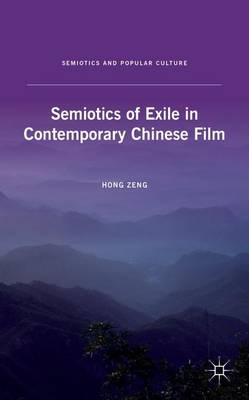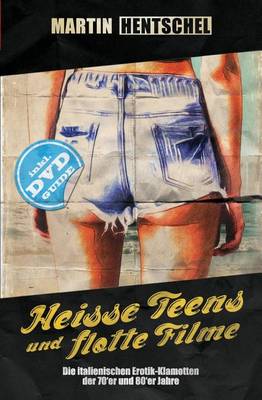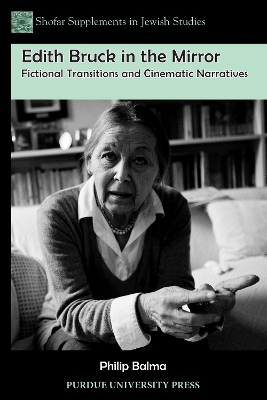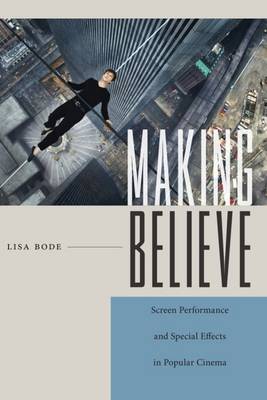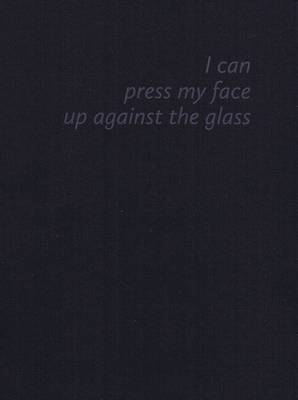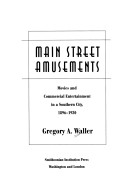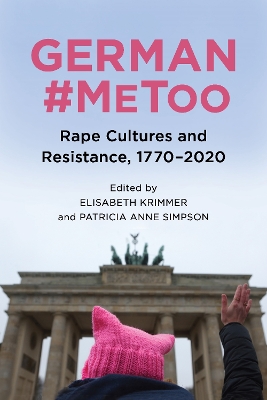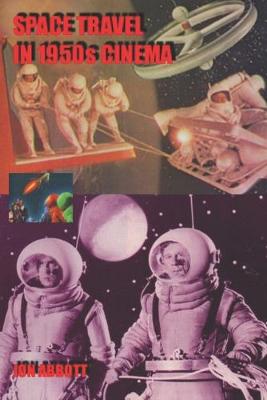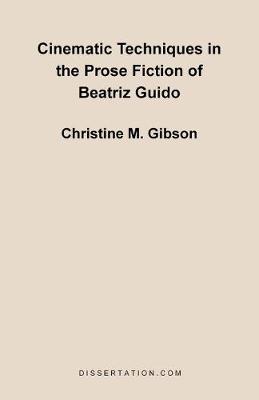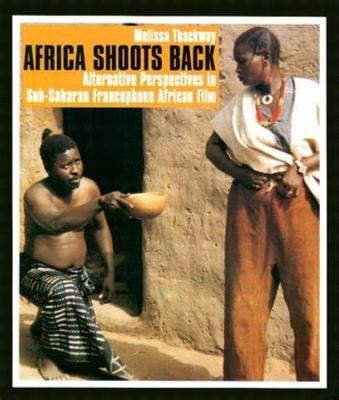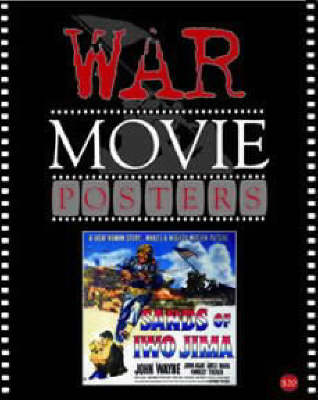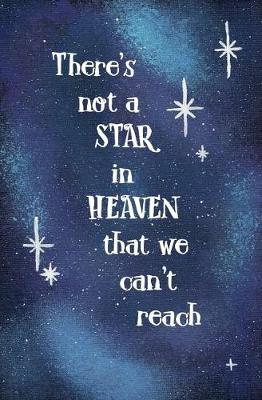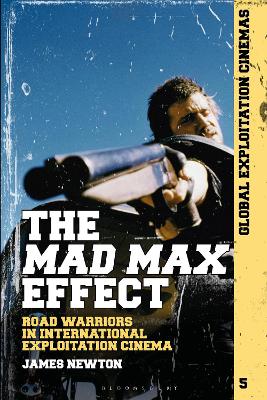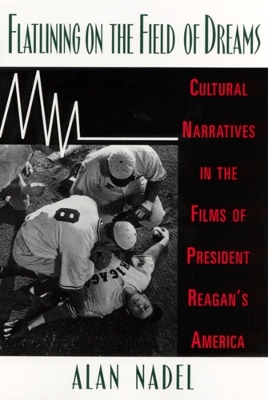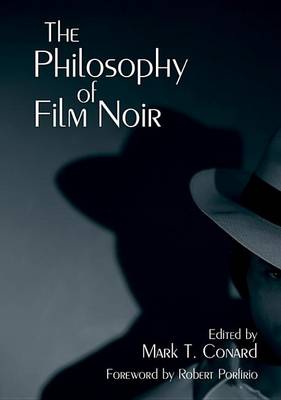Alternative Film Culture in Interwar Britain (Exeter Studies in Film History)
by Senior Lecturer in Film and Television Studies Jamie Sexton
Semiotics of Exile in Contemporary Chinese Film (Semiotics and Popular Culture)
by Hong Zeng
First published in 1957, but with a new afterword by the film historian, Paul Ryan, this biography traces the extraordinary circumstances of the life and career of the French film-maker, Jean Vigo. Born out of wedlock in a Paris garret full of cats, and haunted all his life by the injustice done to his father (a militant anarchist who was murdered in a French prison in 1917), Vigo spent most of his working life battling against authorities wary of his political background, against censors suspic...
Greek Tragedy on Screen
by Senior Lecturer in Classics Pantelis Michelakis
Edith Bruck in the Mirror (Shofar Supplements in Jewish Studies)
by Philip Balma
Author of more than thirteen books and several volumes of poetry, screenwriter, and director, Edith Bruck is one of the leading literary voices in Italy, attracting increasing attention in the English-speaking world not least for her powerful Holocaust testimony, which is often compared with the work of her contemporaries Primo Levi and Giorgio Bassani. Born in Hungary in 1932, she was deported with her family to the concentration camps of Auschwitz, Dachau, Christianstadt, Landsberg, and Bergen...
In the past twenty years, we have seen the rise of digital effects cinema in which the human performer is entangled with animation, collaged with other performers, or inserted into perilous or fantastic situations and scenery. Making Believe sheds new light on these developments by historicizing screen performance within the context of visual and special effects cinema and technological change in Hollywood filmmaking, through the silent, early sound, and current digital eras. Making Believe i...
Shannon Te Ao: I Can Press My Face Up Against the Glass
by Christina Barton, Caterina Riva, and Anna-Marie White
Africa's Big Five and Other Wildlife Filmmakers: A Centenary of Wildlife Filming in Kenya
by Jean Hartley
Main Street Amusements (Smithsonian Studies in the History of Film & Television)
by Gregory A. Waller
British Horror Cinema investigates a wealth of horror filmmaking in Britain, from early chillers like The Ghoul and Dark Eyes of London to acknowledged classics such as Peeping Tom and The Wicker Man. Contributors explore the contexts in which British horror films have been censored and classified, judged by their critics and consumed by their fans. Uncovering neglected modern classics like Deathline, and addressing issues such as the representation of family and women, they consider the British...
German #MeToo (Women and Gender in German Studies)
Responding to the worldwide impact of the #MeToo movement, this volume investigates not only the ubiquity of sexual abuse and sexual violence but also the transhistorical and transnational failure to hold perpetrators accountable. From a range of disciplines, the collected essays engage current cultural and political discourses about systemic sexism, feminist theory and practice, and gender-based discrimination from an academic and activist perspective. The focus on national cultures of German-s...
Space Travel in 1950s Cinema (Sci-Fi Before Star Wars, #4)
by Jon Abbott
Cinematic Techniques in the Prose Fiction of Beatriz Guido
by Christine Mary Gibson
Filmmakers in sub-Saharan francophone Africa have been using cinema since independence in the 1960s to challenge existing Western stereotypes of the continent. In Africa Shoots Back, Melissa Thackway illustrates how directors working in a postcolonial context have produced these alternative depictions of African identity. She shows how memory and history have become central themes in African films and how local cultural forms have been integrated into the film medium. Interviews with eight Afr...
Citizen Kane, widely considered the greatest film ever made, continues to fascinate critics and historians as well as filmgoers. While credit for its genius has traditionally been attributed solely to its director, Orson Welles, Carringer's pioneering study documents the shared creative achievements of Welles and his principal collaborators. The Making of Citizen Kane, copiously illustrated with rare photographs and production documents, also provides an in-depth view of the operations of the Ho...
There's not a Star in Heaven That We Can't Reach
by Write Run and Wylde Cats
The Mad Max Effect provides an in-depth analysis of the Mad Max series, and how it began as an inventive concoction of a number of influences from a range of exploitation genres (including the biker movie, the revenge film, and the car chase cinema of the 1970s), to eventually inspiring a fresh cycle of international low budget 'road warrior' movies that appeared on home video in the 1980s. The Mad Max Effect is the first detailed academic study of the most famous and celebrated post-apocalypse...
Identifying narratives of gender, race and masculinity that defined Reagan's America, this text provides demonstrations of the synergy between polital history and popular culture. Films discussed include ""Home Alone"", ""Beetlejuice"", ""Working Girl"", ""Trading Places and ""The Little Mermaid"". Texts are analysed through a variety of approaches, providing an overview of 1980s Hollywood output.
The Philosophy of Film Noir (The Philosophy of Popular Culture)
by Mark T. Conard

